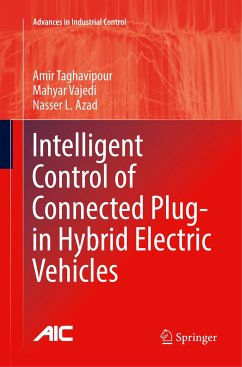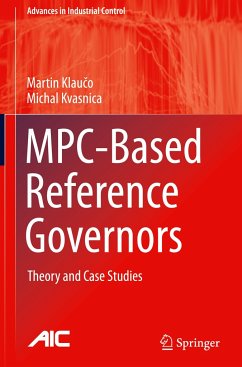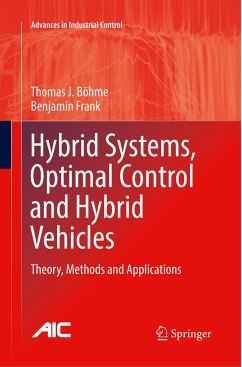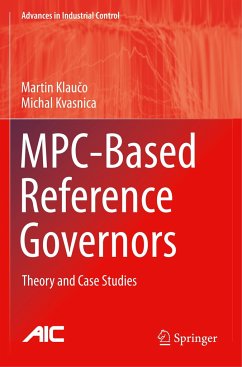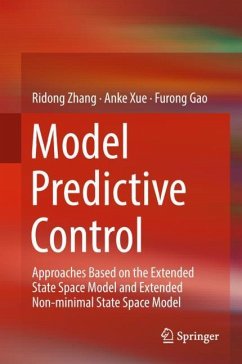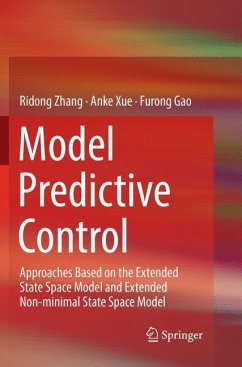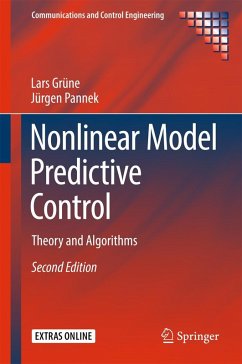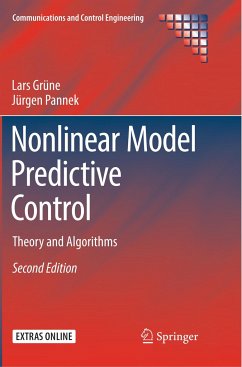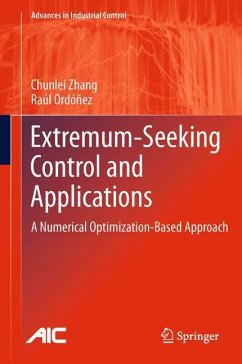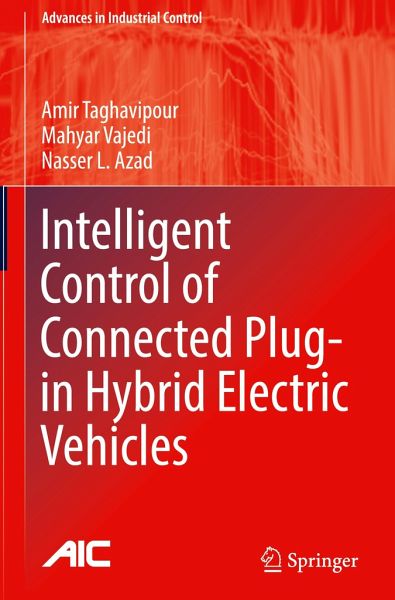
Intelligent Control of Connected Plug-in Hybrid Electric Vehicles
Versandkostenfrei!
Versandfertig in 6-10 Tagen
106,99 €
inkl. MwSt.
Weitere Ausgaben:

PAYBACK Punkte
53 °P sammeln!
Intelligent Control of Connected Plug-in Hybrid Electric Vehicles presents the development of real-time intelligent control systems for plug-in hybrid electric vehicles, which involves control-oriented modelling, controller design, and performance evaluation. The controllers outlined in the book take advantage of advances in vehicle communications technologies, such as global positioning systems, intelligent transportation systems, geographic information systems, and other on-board sensors, in order to provide look-ahead trip data. The book contains simple and efficient models and fast optimiz...
Intelligent Control of Connected Plug-in Hybrid Electric Vehicles presents the development of real-time intelligent control systems for plug-in hybrid electric vehicles, which involves control-oriented modelling, controller design, and performance evaluation. The controllers outlined in the book take advantage of advances in vehicle communications technologies, such as global positioning systems, intelligent transportation systems, geographic information systems, and other on-board sensors, in order to provide look-ahead trip data. The book contains simple and efficient models and fast optimization algorithms for the devised controllers to address the challenge of real-time implementation in the design of complex control systems.
Using the look-ahead trip information, the authors of the book propose intelligent optimal model-based control systems to minimize the total energy cost, for both grid-derived electricity and fuel. The multilayer intelligent control system proposed consists of trip planning, an ecological cruise controller, and a route-based energy management system. An algorithm that is designed to take advantage of previewed trip information to optimize battery depletion profiles is presented in the book. Different control strategies are compared and ways in which connecting vehicles via vehicle-to-vehicle communication can improve system performance are detailed.
Intelligent Control of Connected Plug-in Hybrid Electric Vehicles is a useful source of information for postgraduate students and researchers in academic institutions participating in automotive research activities. Engineers and designers working in research and development for automotive companies will also find this book of interest.
Advances in Industrial Control reports and encourages the transfer of technology in control engineering. The rapid development of control technology has an impact on all areas of the control discipline. The series offersan opportunity for researchers to present an extended exposition of new work in all aspects of industrial control.
Using the look-ahead trip information, the authors of the book propose intelligent optimal model-based control systems to minimize the total energy cost, for both grid-derived electricity and fuel. The multilayer intelligent control system proposed consists of trip planning, an ecological cruise controller, and a route-based energy management system. An algorithm that is designed to take advantage of previewed trip information to optimize battery depletion profiles is presented in the book. Different control strategies are compared and ways in which connecting vehicles via vehicle-to-vehicle communication can improve system performance are detailed.
Intelligent Control of Connected Plug-in Hybrid Electric Vehicles is a useful source of information for postgraduate students and researchers in academic institutions participating in automotive research activities. Engineers and designers working in research and development for automotive companies will also find this book of interest.
Advances in Industrial Control reports and encourages the transfer of technology in control engineering. The rapid development of control technology has an impact on all areas of the control discipline. The series offersan opportunity for researchers to present an extended exposition of new work in all aspects of industrial control.



